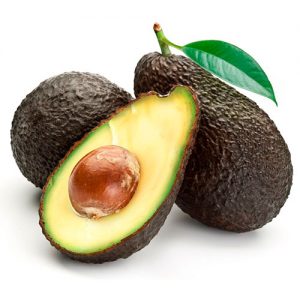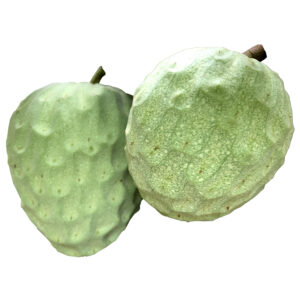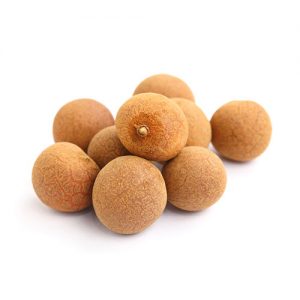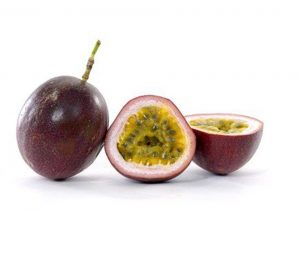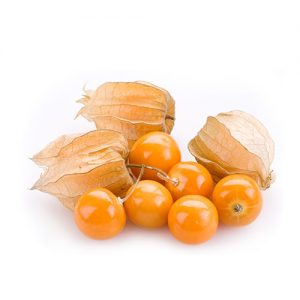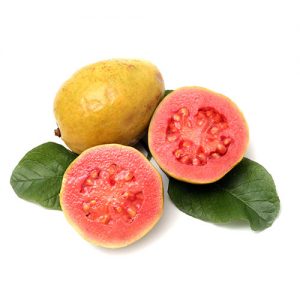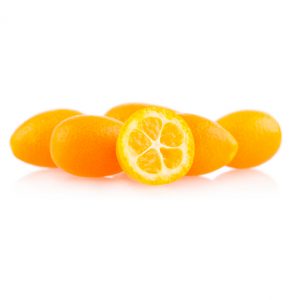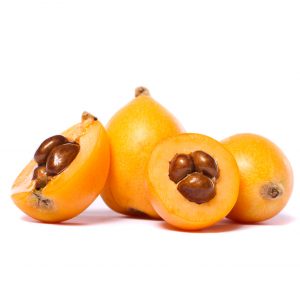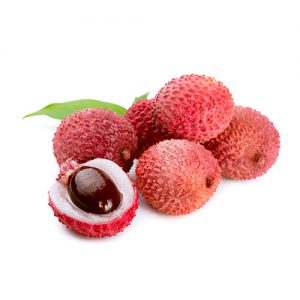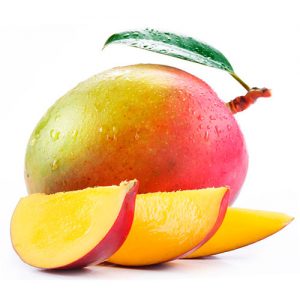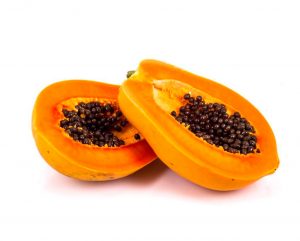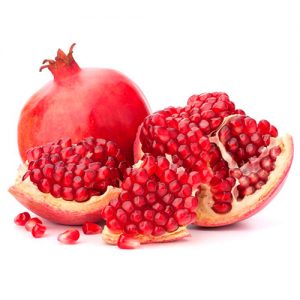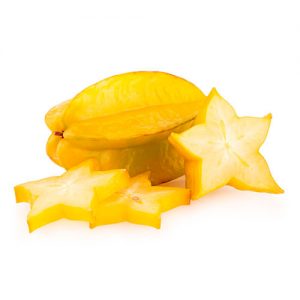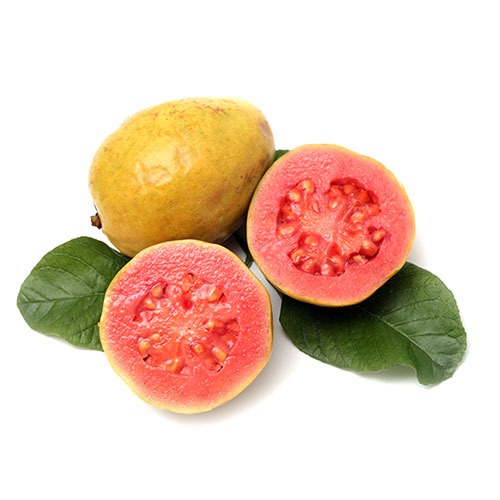About the Guava
Guavas are native to Central America, but nowadays they can be cultivated in any country with a tropical weather, like Colombia, Brazil, India, Mexico and Spain. The taste resembles a mix of pear, quince and fig, with a touch of strawberry. Guavas can be smooth/grainy and green/yellow on the outside, but on the inside it should be always tender and juicy.
The guava tree can grow to 30 ft (10 m) and features wide spreading branches. It is easily identifiable by its thin bark, soft copper colour and a beautiful trunk with a diameter of up to 10 inches (25 cm).
The tree leaves are aromatic and the fruit emanates an intense and very nice scent when ripe.
How to preserve and consume guavas
Green guavas can be at room temperature (around 20ºC) until they ripen, which can be noticed by its golden colour and because it yields to gentle pressure.
You can also know it is ready for consumption because of the intense scent it gives off. When ripe, we recommend consuming it as soon as possible. However, it can be refrigerated at 6-8ºC to extend its ripening time.
To have a guava, peel it off and remove the seeds inside. It can be consumed out of hand raw, but it is also a perfect ingredient in confectionery, jams, salads and other dishes. Another very popular use of this fruit is in juices and smoothies.
Nutritional properties of the guava
| GUAVA NUTRITION FACTS – 100 G | |
|---|---|
| CALORIES | 71 |
| TOTAL FAT | 0.86 g – 1% |
| SATURATED FAT | 0.103 g – 1% |
| POLYUNSATURATED FAT | 0.171 g |
| MONOUNSATURATED DAT | 0.154 g |
| CHOLESTEROL | 0 mg – 0% |
| SODIUM | 10 mg – 0% |
| POTASSIUM | 186 mg |
| TOTAL CARBOHYDRATE | 15.9 g – 4% |
| DIETARY FIBER | 6.5 g – 7% |
| SUGARS | 9.36 g |
| PROTEIN | 1.88 g |
| VITAMIN A | 6% |
| VITAMIN C | 73% |
| CALCIUM | 6% |
| IRON | 5% |
Percent Daily Values are based on a 2000 calorie diet. Your daily values may be higher or lower depending on your calorie needs.
Health benefits of the guava
- Guavas have very few calories and a very balanced content in natural sugars (fructose). Therefore, they are the perfect fruit to treat diabetes, also because of the substance in the leaves.
- This fruit helps prevent heart diseases and cardiac arrhythmias. It also helps reduce blood pressure and keep cholesterol levels under control.
- It is rich in vitamin C and provitamin A, providing very powerful anti-oxidant properties for skin protection.
- Guavas have a rich fibre content of pectin-type, which is good for your digestive system health.
- It is also rich in potassium, a component which helps alkalinize your body.
- It is also used as an antiseptic: the leaves can be chewed as a natural antibiotic to fight bacteria causing bad breath.
- Due to its high anti-oxidant effect, guavas are perfect for athletic people who need vitamins and be well-hydrated without consuming a lot of calories. They also have many vitamins and a great nutritional value, which helps fight symptoms of stress.
- Guavas are ideal for smokers, as they need to consume bigger quantities of anti-oxidant, a component you can find in guavas along with carotene and anthocyanin.
Guava Varieties
- Feijoa Guava: white or salmon-coloured flesh and a taste slightly resembling pineapples. That is why they are also known as Pineapple Guavas. It has a sweet&sour taste that makes them ideal for preparing fruit salads, compotes and jams.
- Cas: native to Costa Rica, it presents the size of an apple. It can be consumed with the skin, and the flesh can be whisked to prepare very refreshing drinks.
- Coronilla: this variety is cultivated in Colombia and it is extremely rich in vitamin C. The flesh is more acidic and tastes like apple, lemon and banana.
- Java Apple: native to Malaysia and South India. It presents a firm, juicy flesh with an acidic and refreshing flavour similar to the apple.
More varieties of guava: White Flesh, Red African, Farang and Trujillo.
Curious facts about guavas
- Christopher Columbus was offered a guava when he landed at the Antilles for the first time. A gesture meaning diversity and natural wealth from those lands.
- Guavas are considered a tropical fruit full of vitamins: they contain three times more anti-oxidants than oranges or lemons, and it is one of fruits with more anti-oxidant effect.
- ‘Cascos confitados’ (literally, ‘crystallized helmets’) is a very popular dessert all along South America. It is prepared in a very similar way to guava in syrup (i.e. preserved in sugar), adding cinnamon, cloves and other spices.
- Guava trees are also used in ornamentation, specially those varieties with most eye-catching leaves and fruits. It is the perfect companion in gardens and farms.
- In Malaysia, fruit leaves are used to obtain a sort of black dye for silk.
- It is an excellent source of firewood and wood charcoal.
- In Colombia, the ‘guava sandwich’ (also known as ‘veleño sandwich’) is a very popular dessert consisting of whisked guava with sugar, all wrapped in bijao leaves.

